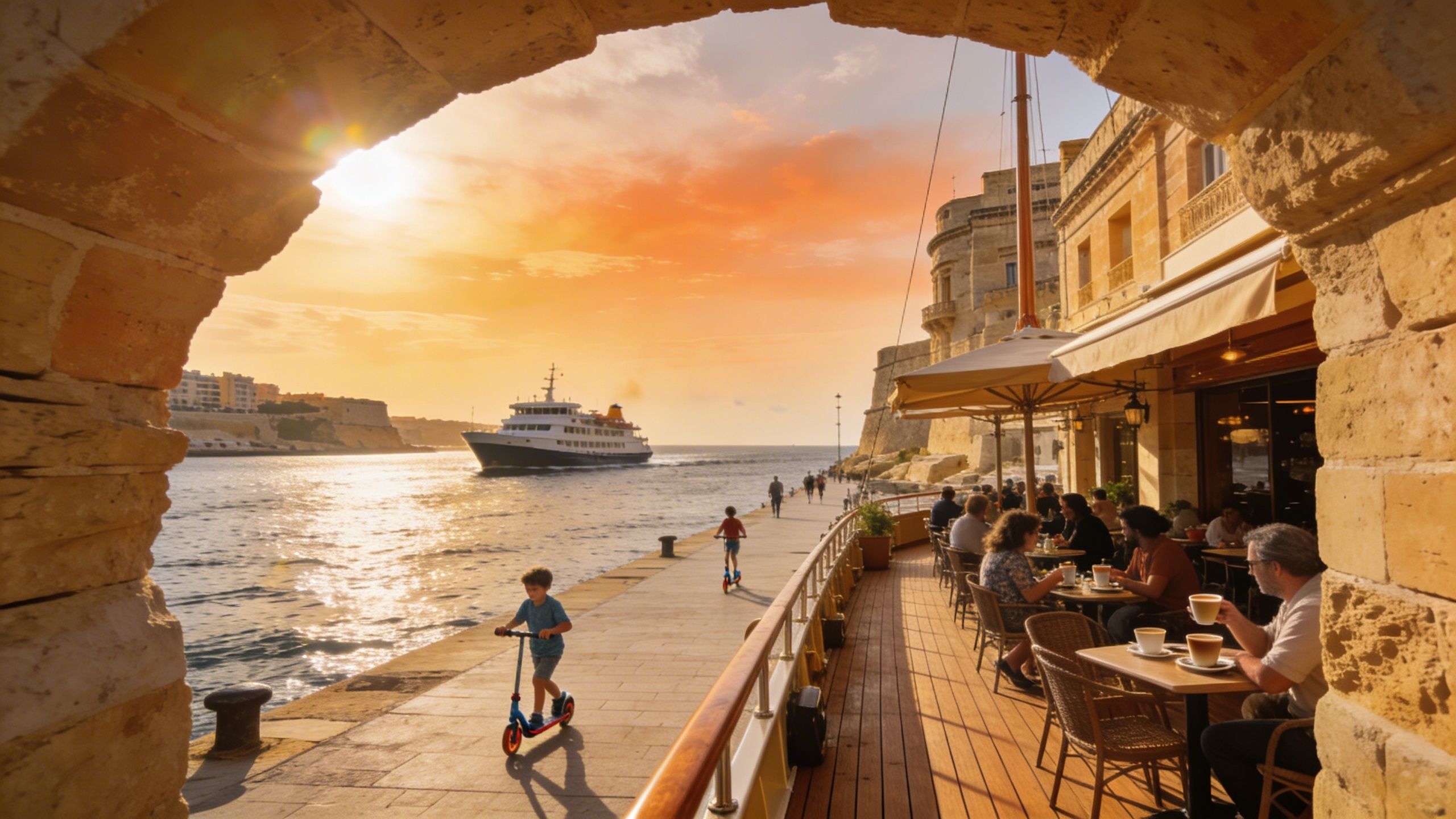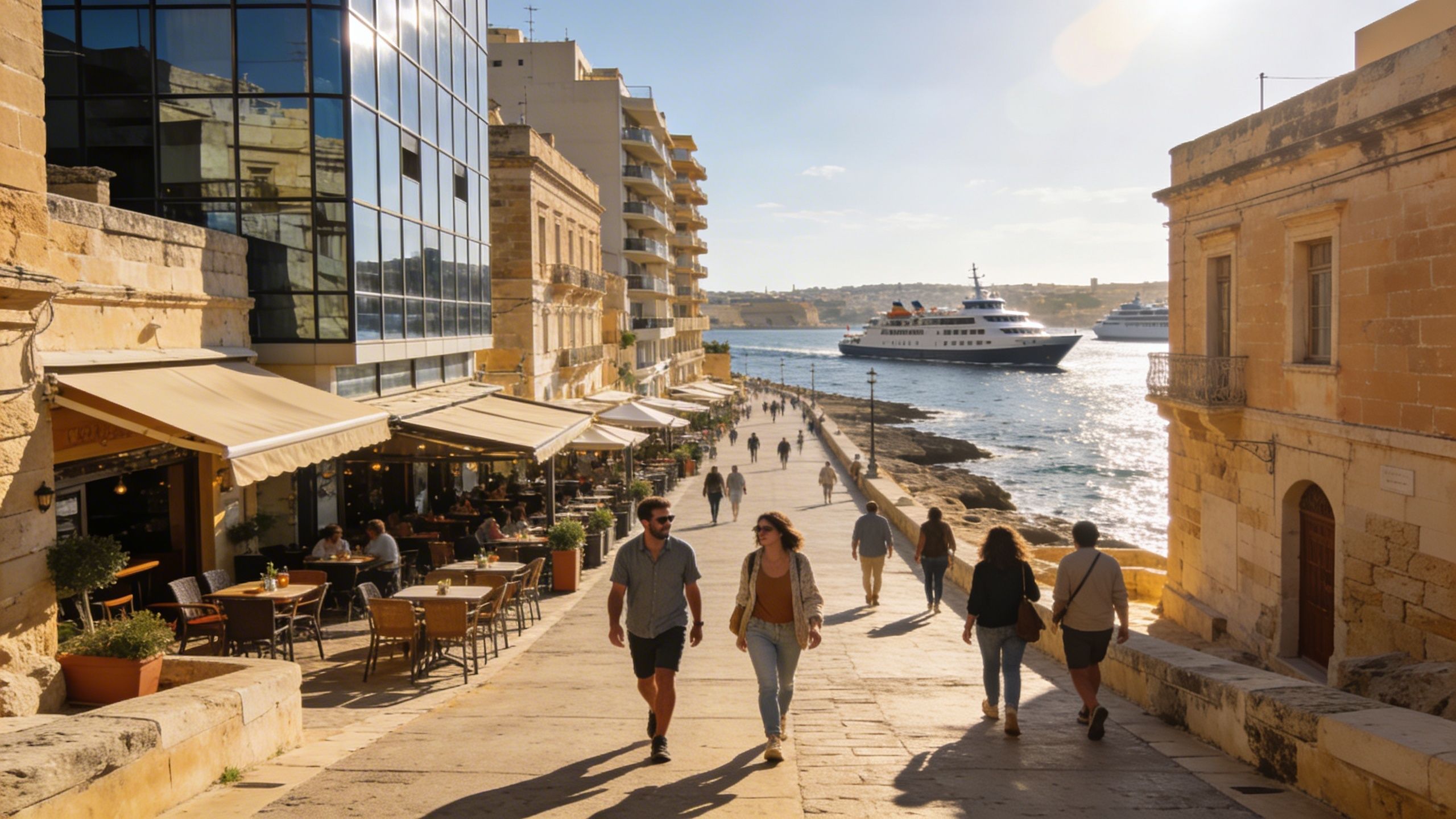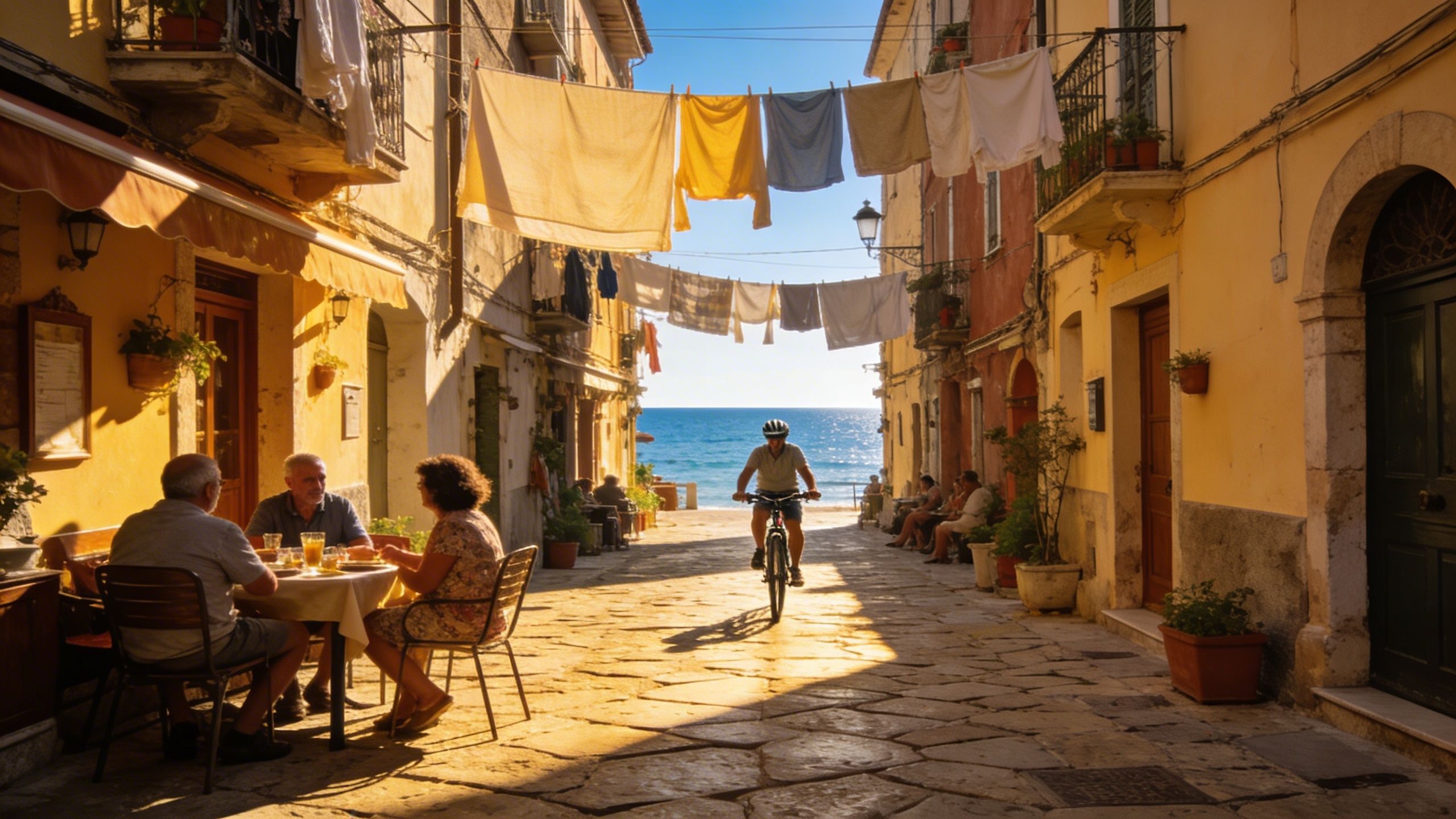France Urban Hubs — Taxes, Neighbourhoods & Real Risks
Compare lifestyle and practical realities across France’s urban hubs—neighbourhood character, tax obligations, and the exact steps international buyers must take.
Imagine sipping espresso on a sunlit terrace in Lyon, then catching a tram to a contemporary office with fast broadband. Picture weekend markets in Bordeaux and evening walks along Parisian quays. Those daily textures are why international buyers prize France’s urban hubs. But lifestyle and legal reality meet at the point of purchase: taxes, local market nuances and agency expertise determine whether that terrace becomes a home or an expensive lesson.
Living France’s Urban Hubs
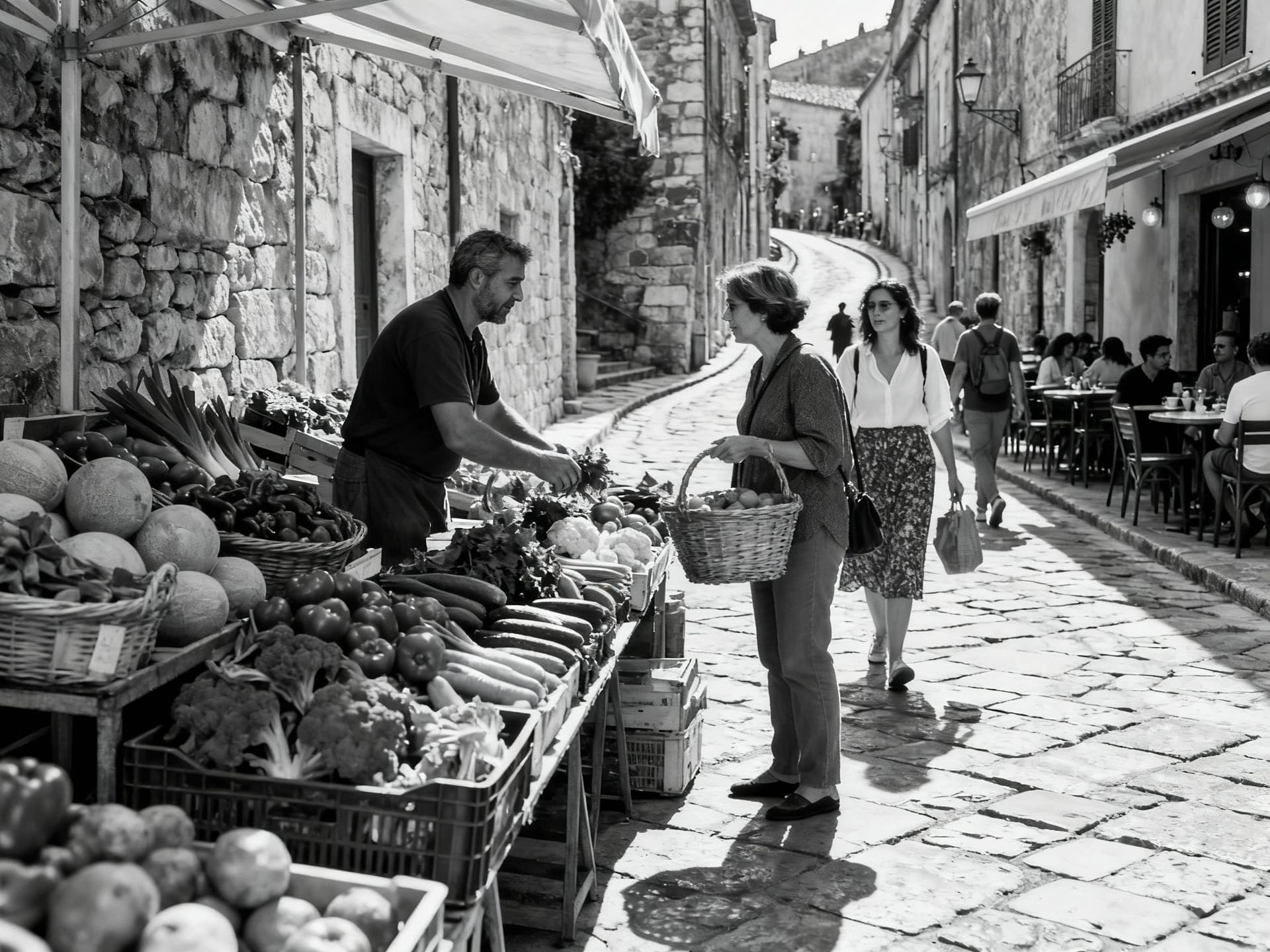
Daily life in French cities balances ritual and practicality. Morning boulangeries and late cafés set the rhythm; municipal markets and small parks shape weekends. Urban housing mixes Haussmannian apartments, mid-century blocks and new-builds; each stock dictates maintenance, costs and renovation constraints. Recent notaire data points to a fragile recovery in prices and a very heterogeneous market: some cities are rising while others correct, making location-specific research essential.
Paris, Lyon, Marseille: distinct day-to-day characters
Paris remains densely professional and culturally intense: short walks to theatres and museums, higher prices per square metre, and tighter competition for quality stock. Lyon combines a quieter, culinary-centered daily life with better value for space; expect a mix of historic Croix-Rousse terraces and riverside developments. Marseille offers coastal living with an urban edge — bargains exist but due diligence on building quality and neighbourhood safety is important. Each city’s mundane details—trash collection schedules, market days, and local transport reliability—impact how easily a property fits your life.
Food, markets and weekend rhythms
Markets set the weekend mood: Marché d’Aligre in Paris, Les Halles de Lyon-Paul Bocuse, and Cours Julien markets in Marseille shape social life and food costs. Culinary access influences household spending and lifestyle: proximity to fresh markets reduces grocery bills while raising neighbourhood desirability. Seasonality matters — coastal hubs swell in summer while Alpine towns peak in winter — changing rental potential and service availability.
- Lifestyle highlights: Marché d’Aligre (Paris), Les Halles (Lyon), Vieux-Port walks (Marseille), Canal Saint-Martin cafés, Parc Bordelais weekend picnics, and local vinothèque visits in Bordeaux.
Making the Move: Practical Considerations
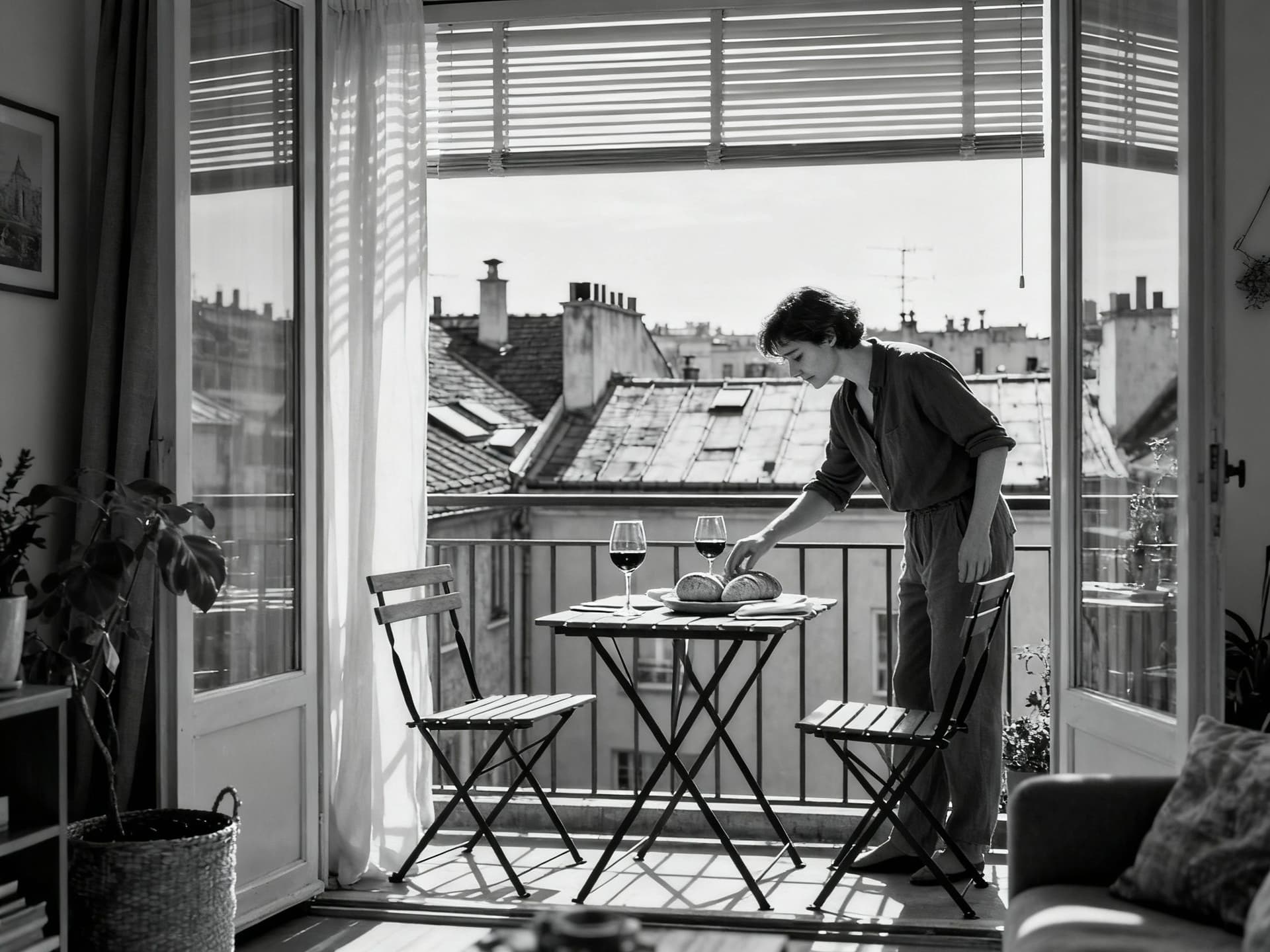
Lifestyle choices must be reconciled with fiscal, legal and administrative frameworks before offers are made. Non-resident tax exposure, notary fees, and transfer taxes alter purchase costs by several percent. Mortgages for international buyers remain available but terms depend on residency, income documentation and lender appetite. Factor these realities into affordability long before you commit to a specific neighbourhood.
Property types and what they mean for daily life
Haussmannian apartments deliver central location and character but often limited storage and high copropriété charges. New-builds include warranties and modern insulation, lowering running costs but sometimes sit on the city edge. Townhouses and villas offer outdoor space but bring maintenance and higher local taxes. Choose property form against lifestyle needs: space for children, a terrace for entertaining, or a compact flat for a pied-à-terre.
Working with local experts
- 1. Use a local notaire for legal completion and clear title checks; fees and timelines are published and predictable. 2. Request a detailed condominium (copropriété) file early — it reveals reserve funds, planned works and monthly charges. 3. Engage an independent surveyor if the building is over 50 years old or has visible degradation. 4. Consult a tax specialist to model rental income, taxe foncière and capital gains tax implications before signing. 5. Require clear agency mandates and insist on written exclusivity clauses only when market conditions justify them.
Insider Knowledge: What Expats Wish They’d Known
Expat experience often highlights small friction points: language nuance in contracts, municipal planning delays for renovations, and seasonal service slowdowns in holiday towns. Successful buyers anticipate these frictions and budget both time and contingency funds. Long-term owners pay close attention to local governance and neighbourhood trajectory; a municipal regeneration project or transport link can materially change capital growth and daily convenience.
Cultural integration and everyday practicalities
Basic French helps. Engage with local associations, market vendors and bilingual professionals to accelerate integration and reduce misunderstandings. Expect slower administrative processes than some countries; appointments at the mairie or prefet often require patience. For families, investigate school catchment areas early — proximity to good écoles influences both lifestyle and resale value.
Long‑term lifestyle and value considerations
Buying in France rewards patience and local knowledge. Urban centres show mixed short‑term performance but retain structural strengths: diversified economies, cultural amenities and transport networks. Prioritise durable attributes—proximity to transit, quality of maintenance in copropriétés, and energy performance—to preserve value through market cycles. Where speculative upside exists, it is local and specific, not uniform across a city.
- Practical next steps: commission a market valuation, obtain a conditional mortgage offer, order a full copro report, engage a bilingual notaire, and budget 7–10% for transaction and tax costs.
France offers richly varied urban lifestyles and solid long-term property fundamentals. To align daily life with investment logic, combine sensory exploration of neighbourhoods with rigorous due diligence: check market data, verify copro files, model taxes and use local experts. If you seek a property that lives well and retains value, start with a clear list of lifestyle priorities, then map those to legal and fiscal realities before making an offer.
Dutch relocation advisor who moved to Marbella in 2016. Guides Dutch buyers through visa paths, relocation logistics, and balance of lifestyle with value.
